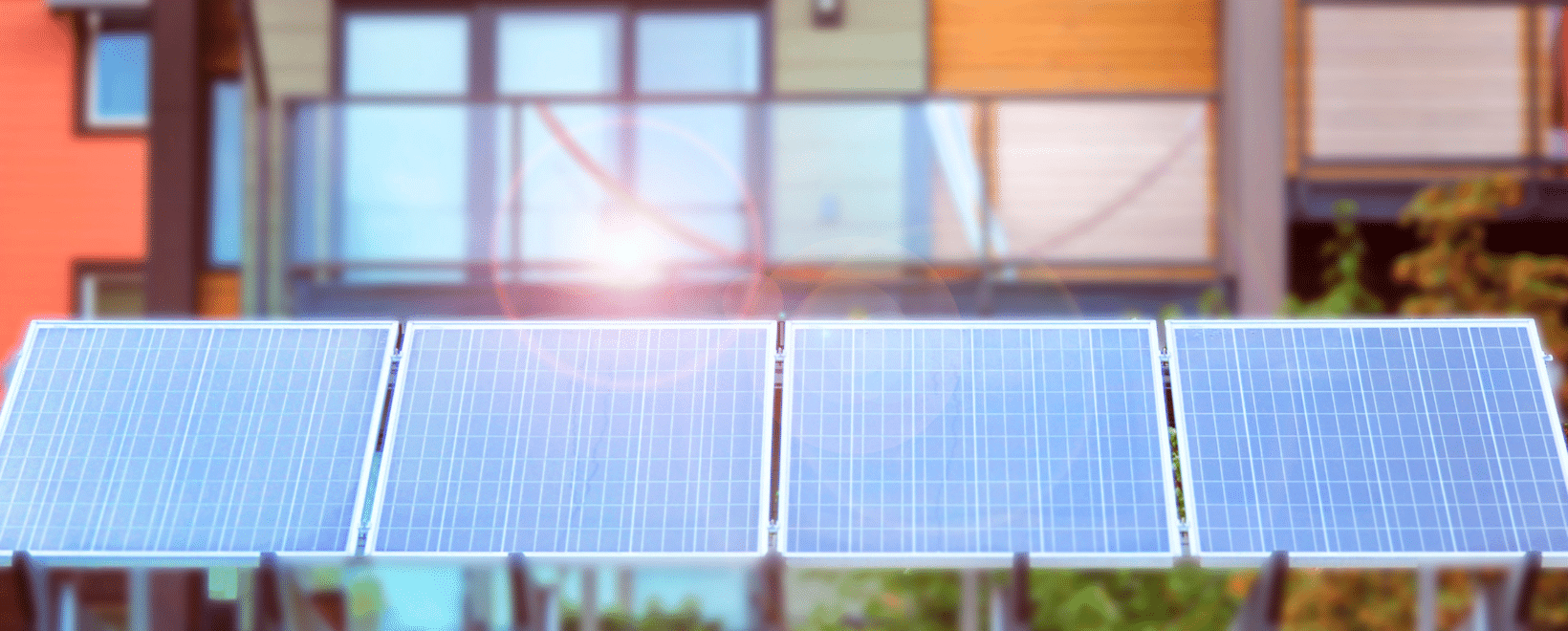100 thousand renovations of energy-poor households is a feasible target for the initial Energy poverty Mechanism implementation. This firstly to improve the energy efficiency (and the comfort) of the dwellings and then to install heat pumps for heating and cooling, followed by RES with Storage facilities to cover the reduced energy demand. Building renovation, not handing out energy subsidies, is the answer to fighting energy poverty.
– By reducing the energy demand in the dwelling by 50-60% with energy saving measures, the energy poor Bulgarians could leave this category!
– A Step by step approach combines in a well planned way the highest energy efficiency class of measures, not requiring huge initial investment and not allowing lock-in effect of the first measure/step to the next one.
– Combining Energy retrofit, heat pumps, RES (solar PV and solar thermal) and storage for individual use or joining an energy cooperative means joint benefits for the citizens, nature and climate.

Bulgaria is still at the top of the chart of EU countries with highest energy poverty levels. Despite the delays, in the last year or two a huge amount of work has been done for setting an energy poverty definition and criteria and laying the foundations for an Energy Poverty alleviation mechanism.
A “step by step” energy retrofit approach can allow the highest energy efficiency improvements to be made. By reducing the need for heating by at least 50-60% the energy poor households could be taken out of this category, making them not energy poor anymore, according to the incoming definition.
The Step 2 would be the installation of a heating (and cooling) unit using electricity such as an heat pump.The energy retrofit in Step 1 must be prepared and implemented in such a way that there can be a grace period before the introduction of a heat pump (i.e. Step 1 not having a locking effect on Step 2).
The following Step 3 consists in the utilization of solar energy for hot water and electricity, in combination with batteries or within energy cooperatives.
Greece just started a program for 200,000 rooftop installations with batteries being planned in line with the REPowerEU plan. This is a great direction, just being mindful that the energy retrofit needs to be done first. Bulgaria needs to renovate as many homes of vulnerable citizens as possible. If we aim towards half of this goal, at least 1/3 of the energy poor Bulgarians could leave this category (living in both single and multi-family buildings).

